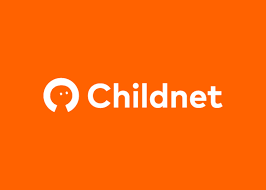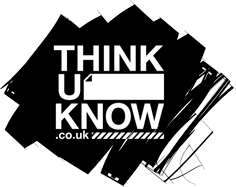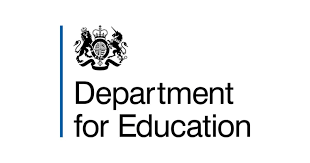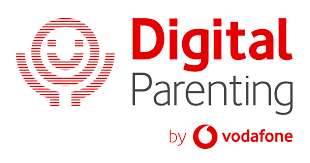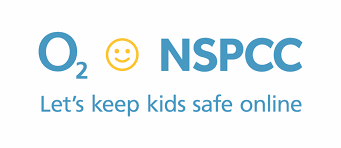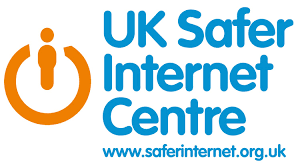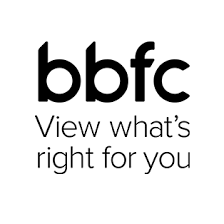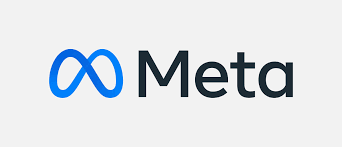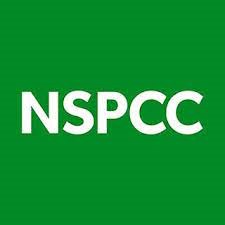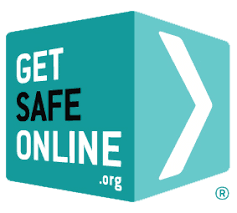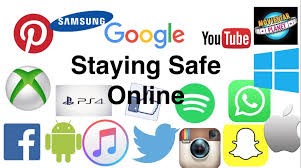Online Safety
@ Overton CE Primary School
Technology is a key aspect of learning at Overton CE Primary, from the use of kindles and tablets to laptops and video recording studio kits. We take every step to ensure the children understand their responsibilities in their use of technology and are aware of the potential dangers and the steps they should take to keep themselves safe online.
We have hosted online safety days led by a specialist ICT consultant culminating in a presentation to parents to support them with their roles and responsibilities in helping protect their children online. We also distribute issues of Digital Parenting which gives practical help, guidance and links to further advice. We work with parents to highlight issues relating to their children’s use of mobile phones, tablets and age appropriateness console games.
Social Media Age Restictions
It’s important to remember that the legal age to have an account on most social media – Instagram, Facebook, YouTube, Snapchat – is 13 years old. See the infographic below to give a flavour of the age restrictions on some social media platforms. Please check this is correct as it changes regularly.
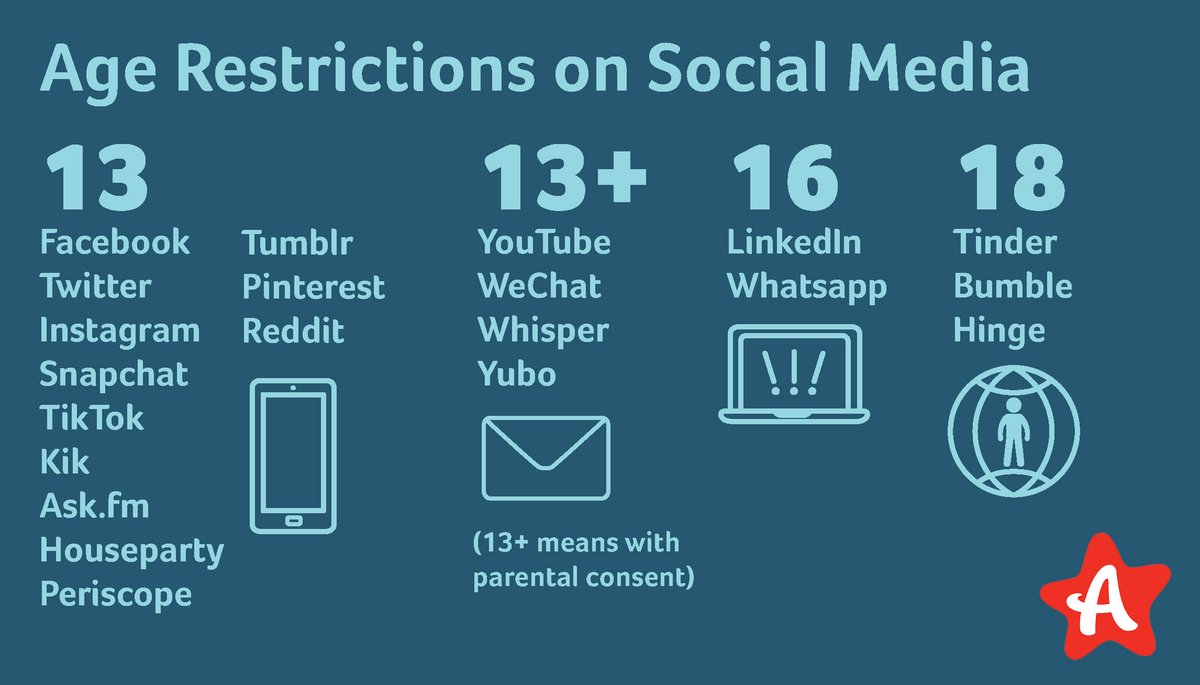
E Safety
E-safety is an integral part of children’s education in today’s digital world and is embedded in their learning at school. We also want to help our parents and children improve their own understanding of e-safety issues so they can learn to use the internet and all digital media in a safe and secure way.
At Home
As a parent, you’ll know how important the internet is to children – they use it to learn, play, socialise and express themselves. It’s a highly creative place of amazing opportunities. But the technology children use every day can seem a bit daunting and you might worry about the risks your child can face online – such as bullying, contact from strangers or the possibility of them seeing illegal or inappropriate content.
You can download a simple checklist at the bottom of this page that may help you start to protect your children online and decrease the risks they face. Or you can engage with your children regarding their use of the internet while at home. Here are some conversation starter ideas from Childnet
- Ask your children to tell you about the sites they like to visit and what they enjoy doing online.
- Ask them about how they stay safe online. What tips do they have for you, and where did they learn them? What is OK and not OK to share?
- Ask them if they know where to go for help, where to find the safety advice, privacy settings and how to report or block on the services they use.
- Encourage them to help. Perhaps they can show you how to do something better online, or they might have a friend who would benefit from their help and support.
- Think about how you use the internet as a family. What could you do to get more out of the internet together and further enjoy your lives online
At School
As part of your child’s curriculum and the development of computer skills, we provide access to the internet only in teacher supervised lessons. We strongly believe that the use of the web and email is hugely worthwhile and an essential tool for children as they grow up in the modern world. But because there are always concerns about children having access to undesirable materials, we have taken positive steps to deal with this risk in school. Our school internet access provider operates a filtering system that restricts access to inappropriate materials.
Parent Resources
To try and help parents with the fast moving and changing world of internet and social media we’ve suggested a few internet sites at the bottom of this page which are fantastic resources, they contain information on different types of social media and how to help keep children safe.
Privacy settings are an important part of keeping our young children safe and you can find out more information about them here
Here are some useful links or document for parents
- Parenting in a digital world leaflet from 2Simple
- internetmatters.org: Online Set Up Safe Checklist
- Screen time and Wellbeing: Parent guide from Parentzone
- Setting up gaming consoles (PlayStation, XBox, Nintendo): a parent guide from Parentzone
- Smartphone and Tablets: A parent guide from Parentzone
- Understanding smart watches and fitness trackers: guide for parents from Parentzone
- Facebook Parent Guide from National Online Safety
- Facebook's Secret Conversations: a parent guide from Parentzone
- Fortnite: Everything you need to know from Parentzone
- Instagram: Everything you need to know from Parentzone
- TikTok: What parents need to know from Parentzone
- YouTube: Everything you need to know from Parentzone
- Snapchat: Everything parents need to know from Parentzone
- WhatsApp: Everything you need to know from Parentzone
Jessie and Friends
To see the latest information for parents on how to keep their 4-7 years olds safe online, please click here
Smartphone Free Childhood Movement
With a growing body of research showing clear benefits to delaying when your child gets a smartphone, we would like to empower parents to make this choice. Here at Overton there is an active Smartphone Free group, and the details of this and the wider campaign can be found here: https://smartphonefreechildhood.co.uk/about
Smartphone Safe
If you would like to know more information on how to keep your child safe if they are using a smartphone, click here for further information.
Internet Safety Resources
Please find a list of internet safety resources that you may find useful. Click on the Website name to go to the site.
| Website | Comments |
|---|---|
|
|
There is a great new online safety tool designed for parents launched by the Department for Education called Parent Info. It’s has advice on everything from keeping children safe from online trolls to WhatsApp – a guide for parents. |
| Childnet is a great website resource for parents and children on online safety. Click hereto watch an interactive video on how to keep your child safer online. | |
| Think U Know has a great section for parents and covers topics such as gaming and talking to strangers. You can also search by topic or age range to find information that is relevant for your family. You can find the site here | |
| Internet Matters is another great site to use – it has advice on cyberbullying, how to talk to your children about internet safety and quick guides to different types of social media such as Instagram and Snapchat. You can visit their pages here Internet Matters | |
|
You can download the DofE advice for parents on cyberbullying Here |
General Safety Online Links
Here are some quick links to a range of Internet safety sites that you may find useful too…
| Website | Comments |
|---|---|
|
|
#DITTO is a free online safety magazine from e-safety adviser, Alan Mackenzie, aimed at schools, organisations and parents. The content looks at risks, issues, advice and guidance related to keeping children safe online, with a view to enjoying and learning about technology. |
|
Child Exploitation and Online Protection Reporting inappropriate contact online. If you have experienced online abuse or you're worried this is happening to someone you know, you can safely and securely report it here. |
|
|
The National Crime Agency's CEOP Education team aim to help protect children and young people from online child sexual abuse. We do this through our education programme, providing training, resources and information to professionals working with children, young people and their families.` |
|
|
Vodafone is committed to everyone getting the most out of tech and enjoy happy and safe digital lives. With regularly updated articles and expert advice, you'll find plenty of resources and support - helping you make the right digital choices for your family. |
|
| Netware is a NSPCC supported parents’ guide to the social networks children and young people use. Stay up to date and keep your child safe in today’s digital world. Together we can make sure it’s safe for every child to go online. The NSPCC is here to support parents with online safety advice, and they are here for children – to protect them and help them recover from abuse. | |
| ParentZone's mission is simple: to improve outcomes for children in an increasingly digital world. But they wanted to do it differently. Their website includes Advice for parents, digital parenting sections with “how to” guides. | |
|
The UK Safer Internet Centre, is a leading global partnership helping to make the Internet a great and safe place for everyone. They provide support and services to children and young people, adults facing online harms, and professionals working with children. |
|
|
Childnet have some helpful information and guidance on a range of key online safety topics. |
|
| Internet Matters is an independent, not-for-profit organisation to help parents keep their children safe online. A particularly useful link is the step-by-step guide to getting parental controls setup: www.internetmatters.org/controls/interactive-guide/ | |
|
British Board of Film Classification (BBFC); classification of material |
|
|
Age certification for games |
|
|
Online bullying advice |
|
|
Online bullying advice |
|
|
Staying safe online |
|
|
Staying safe online |
|
|
Reporting inappropriate contact online |


